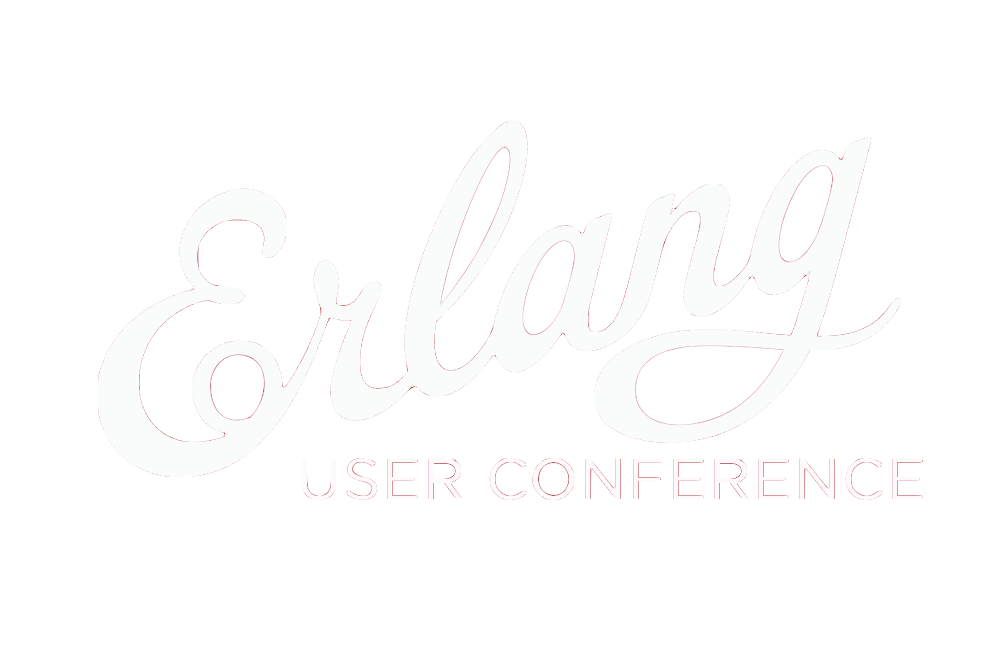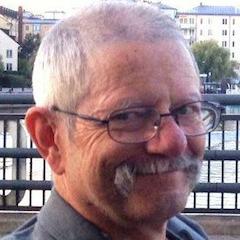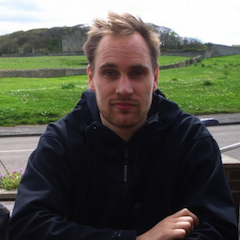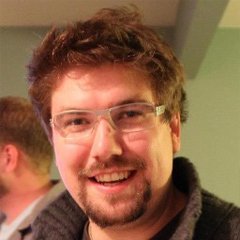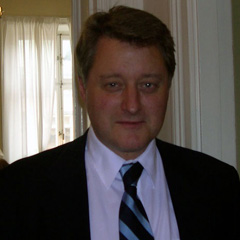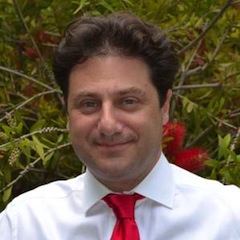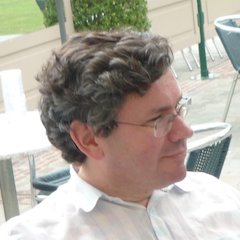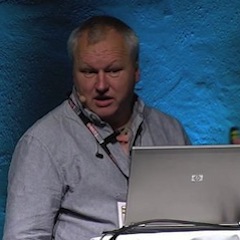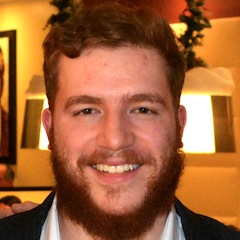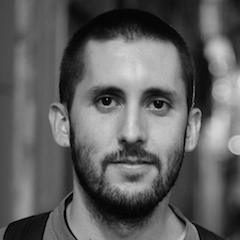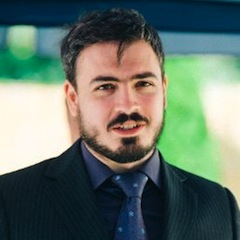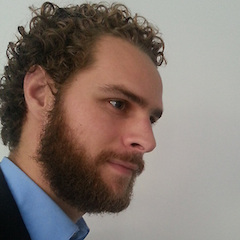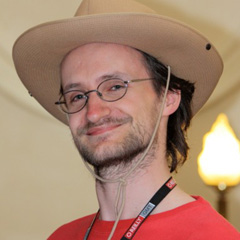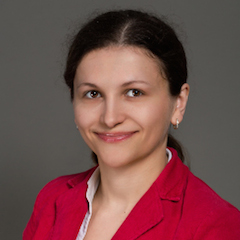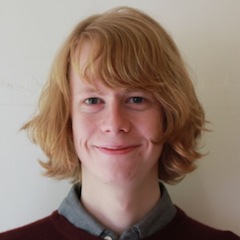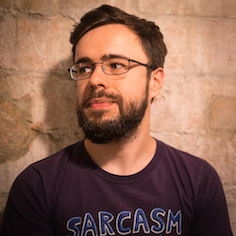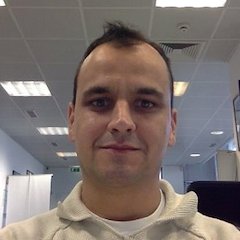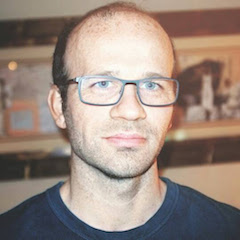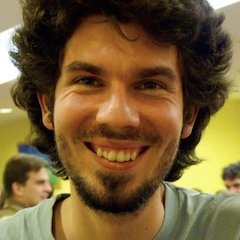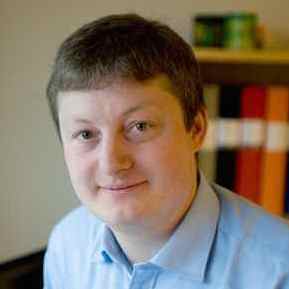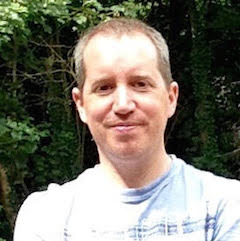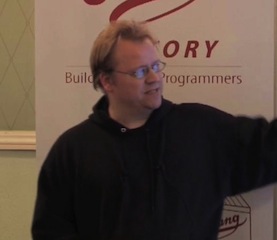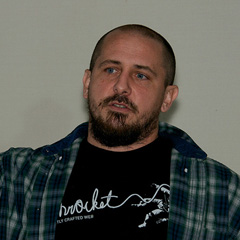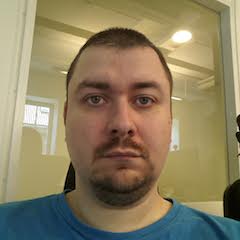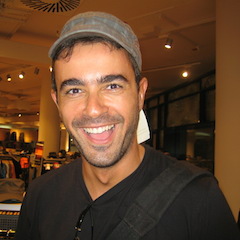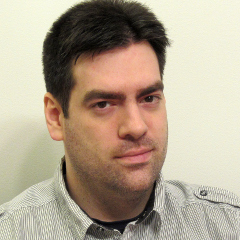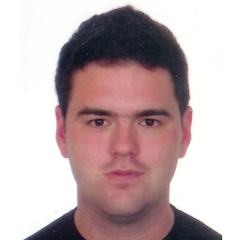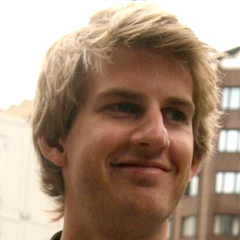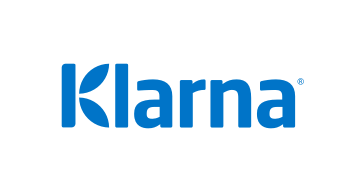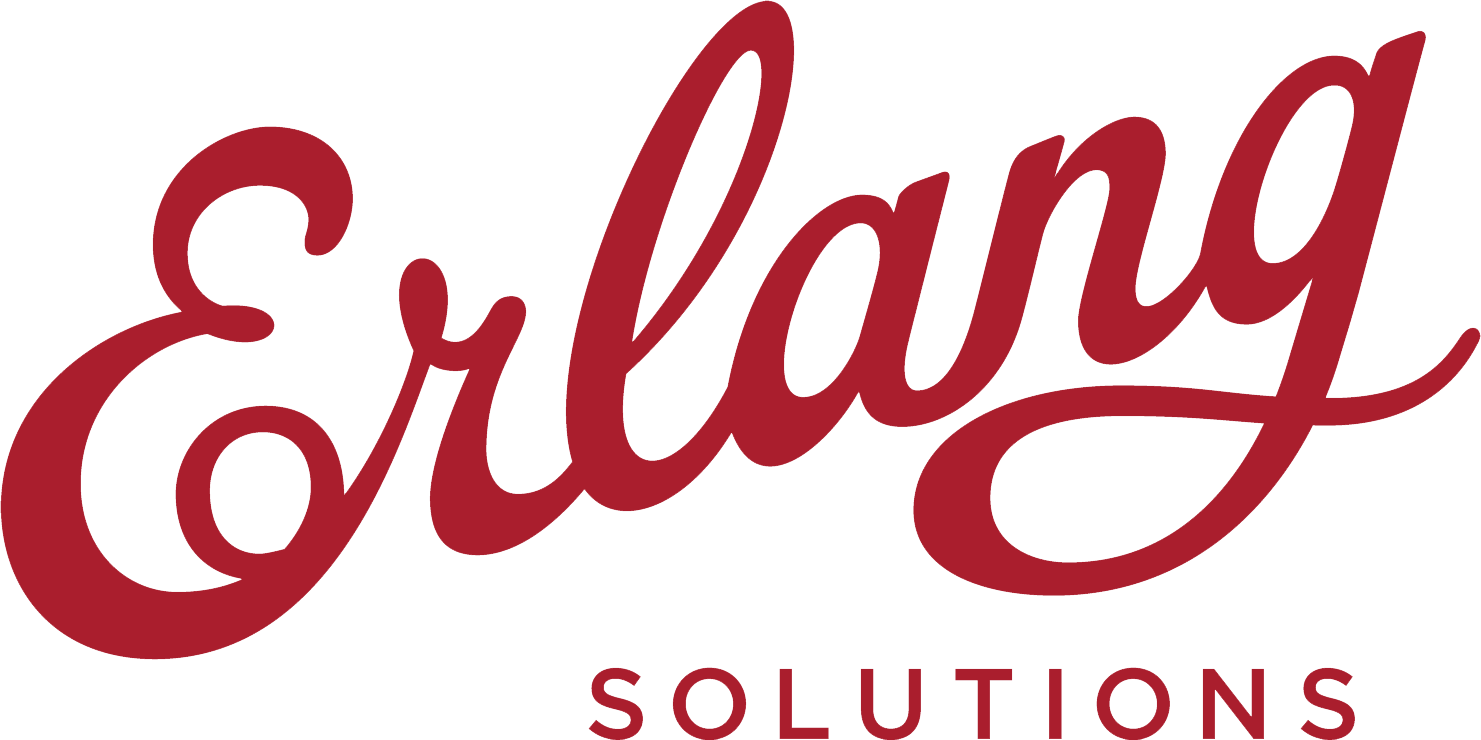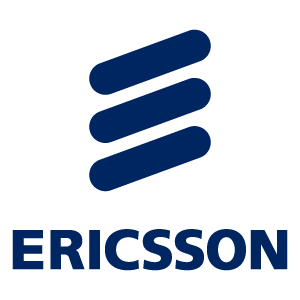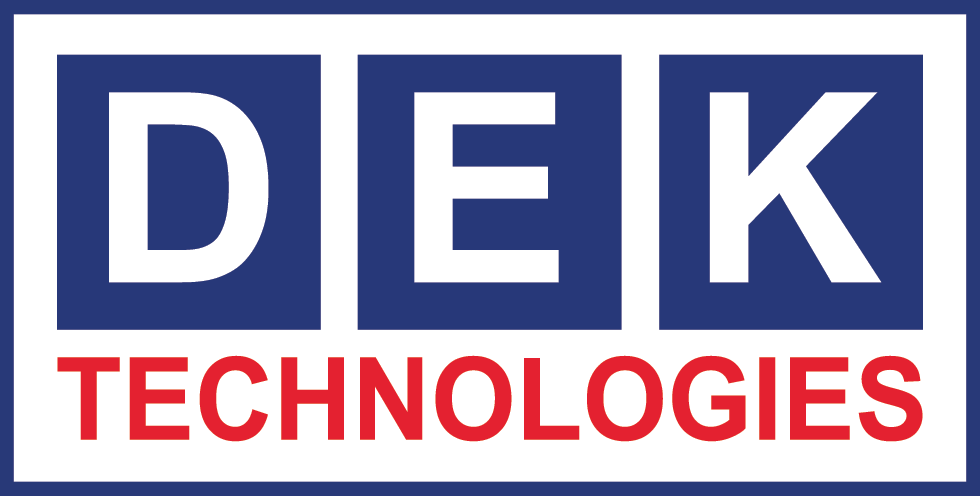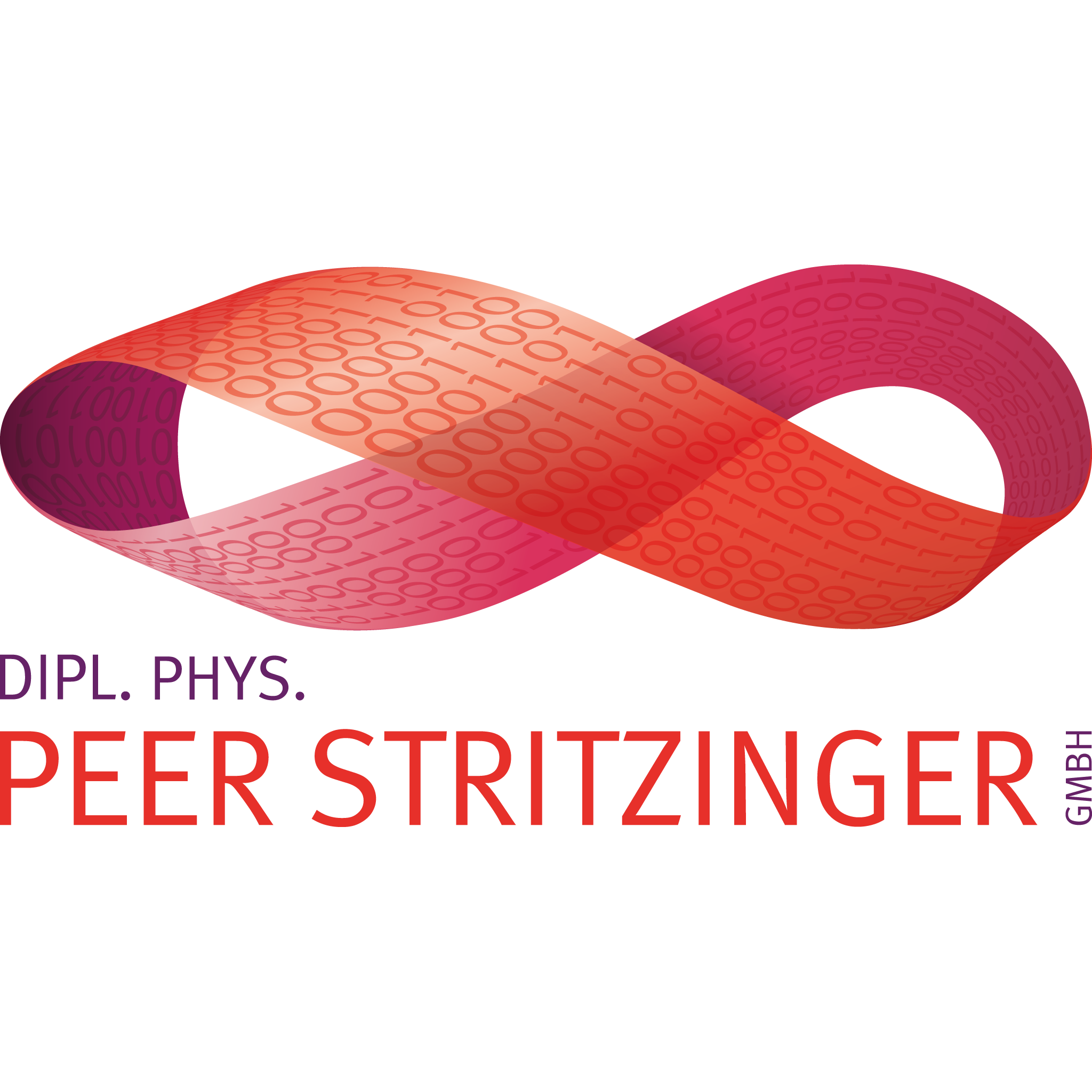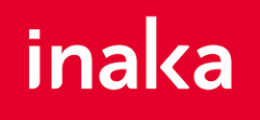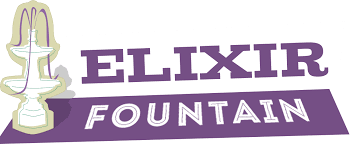Bye Erlang User Conference! Hello Code BEAM STO!
The Stockholm edition of our newly launched Code BEAM conferences will take place between 31st May - 1st June.
Our newly launched Code BEAM STO conference replaces the Erlang User Conference (EUC) conference. Code BEAM STO brings together developers of Erlang, Elixir and other BEAM languages as one global community to share knowledge & ideas, learn from one another and inspire to invent the future.
Many new tools, techniques and time-saving implementations will be revealed at Code BEAM STO first. There is no other conference that brings such a range of talks together.
Talk details are now live on the website.
>> View Speakers here
>> Buy Tickets here
Email: info@codesync.global for group bookings
The Erlang User Conferences have been evolving for the past few years. The origins were about bringing together developers to spread the Erlang love and to share battle stories. Over the years our community has grown beyond Erlang to encompass a more diverse range of languages from the Erlang Ecosystem.
Today, to better reflect this, we are rebranding and aligning our events, including the Erlang User Conference, under a new name Code BEAM belonging to a global family of conferences called Code Sync. We are launching a new Code Sync website with all events, past talks and articles, so we hope you'll visit it soon! And see you at the next conference!
We are happy to answer any questions, simply get in touch info@codesync.global.
Joe Armstrong
Keynote: Distributed Jamming and Composition with Sonic Pi and ErlangErlang Co-Inventor
Sam Aaron
Keynote: Distributed Jamming and Composition with Sonic Pi and ErlangCreator of @Sonic_Pi, Live Coding Musician
Robert Virding
Tutorial: (learn you some) LFEErlang's co-inventor and Principal Language Expert at Erlang Solutions
Kostis Sagonas
Tutorial: How to Test and Verify Programs and Protocols with ConcuerrorAdventures in Corfu: Testing and Verifying Chain Repair Protocols using Concuerror
Creator of PropEr, CutEr and Concuerror
Clara Benac Earle
Building Distributed and Robust Multi-Agent Systems (MAS)Spreading Erlang to the World
Peter Van Roy
Ditching the Data Center: How to Stop Worrying and Love the EdgeProfessor at UCL and Coordinator of LightKone
Kenneth Lundin
Erlang VM News Regarding Dirty Schedulers and I/ONews from the OTP Team - Roadmap
Head of the Erlang/OTP Team at Ericsson
James Fish
SBroker - Adapting TCP Algorithms to Schedule TasksTutorial: Introduction to Elixir
Elixir Core Team Member
Chad Gibbons
Erlang Micro-Services with all the BuzzwordsArchitect and Engineering Leader @ Alert Logic
Claudia Doppioslash
Building Single Page Web Applications with Purescript and ErlangFunctional Programmer
Andrea Leopardi
Update from the Elixir Core TeamTutorial: Introduction to Elixir
Elixir Core Team Member
Mariano Guerra
Efene and the BEAM CommunityTechnology Wanderer, Distributed System and Programming Language Developer Wannabe
Sam Williams
How to Build an OS With Erlang: A Whistle-Stop Tour of HydrOSPhD student at the University of Kent
Adam Lindberg
Robotics and Sensors Using Erlang on Embedded Systems with GRiSPTutorial: Hands-On Embedded Systems Tutorial with GRiSP
Erlang and Embedded Systems Developer
Pedro Marques da Silva
Maestro - Orchestrating Large Scale Multiplayer GamesLead Software Developer @ Miniclip
Pedro António Ferreira Engana
Maestro - Orchestrating Large Scale Multiplayer GamesA Backend Developer with a Passion for Game Development
Peer Stritzinger
Fixing Erlang’s Distribution ProtocolTutorial: Hands-On Embedded Systems Tutorial with GRiSP
Founding owner and managing director of Peer Stritzinger GmbH
Thomas Arts
Performance and Testing of an Open Source Erlang TCP/IP StackFault Free Software Creator
Martin Sumner
My first Erlang Project: Leveled a pure Erlang Key-Value StoreBuilder and Operator of High-Availability Systems
Michał Piotrowski
Latest News from the MongooseIM TeamTutorial: Building Chatbots and Chatty Things
MongooseIM Technical Leader at Erlang Solutions
Stavros Aronis
Tutorial: How to Test and Verify Programs and Protocols with ConcuerrorAdventures in Corfu: Testing and Verifying Chain Repair Protocols using Concuerror
Hunter of Discrepancies in Erlang Code
David de Boer
Zotonic: Erlang for the WebUsually Functional, Once in a While Dysfunctional, Programmer
Day 1, June 8, 2017
| Room |
Mälarsalen |
Nobelterassen |
Strindberg |
| 8:00 - 9:00 |
Registration |
||
| 9:00 - 9:15 |
Welcome to the Erlang User Conference! |
||
| 9:15 - 10:15 | |||
|
Jonas Bonér
|
|||
| 10:15 - 10:30 | |||
|
Kenneth Lundin
|
|||
| 10:30 - 11:00 |
Tea and Coffee Break |
||
| 11:00 - 11:45 |
Performance and Testing of an Open Source Erlang TCP/IP Stack |
||
|
Jesper L. Andersen
|
Thomas Arts
|
Péter Gömöri
|
|
| 11:50 - 12:35 | |||
|
James Fish
|
Melinda Tóth
|
Paweł Antemijczuk
Maarten Faddegon |
|
| 12:35 - 14:05 |
Lunch |
||
| 14:05 - 14:50 | |||
|
Mark Allen
|
Kenneth Lundin
|
Benoit Chesneau
|
|
| 14:55 - 15:40 | |||
|
Chad Gibbons
|
Peer Stritzinger
|
Pedro Marques da Silva
Pedro António Ferreira Engana |
|
| 15:40 - 16:00 |
Tea and Coffee Break |
||
| 16:00 - 16:45 |
Ditching the Data Center: How to Stop Worrying and Love the Edge |
||
|
Peter Van Roy
|
Michał Piotrowski
|
Mariano Guerra
|
|
| 16:50 - 17:35 |
Adventures in Corfu: Testing and Verifying Chain Repair Protocols using Concuerror |
My first Erlang Project: Leveled a pure Erlang Key-Value Store |
|
|
Kostis Sagonas
Stavros Aronis |
Martin Sumner
|
Dmytro Lytovchenko
|
|
| 17:40 - 18:30 |
Lightning Talks: 1. Benedikt Reinartz - Erlang Jupyter Kernels 2. Dmytro Lytovchenko - Erlang node implemented in Python 3. Ingars Ribners - Prototyping a self-driving car control system with Erlang 4. Vanshdeep Singh - Search in O(√N) ! 5. Loïc Hoguin - Facts don't matter (when taking decisions) |
||
| 18:30 - 20:00 |
Sam Aaron's Performance + Drinks and Nibbles |
||
Tap on hour to see the talks
8:00 - 9:00
Registration
9:00 - 9:15 -
Welcome to the Erlang User Conference!
10:15 - 10:30 -
10:30 - 11:00
Tea and Coffee Break
11:00 - 11:45 -
11:00 - 11:45 -
11:50 - 12:35 -
SBroker - Adapting TCP Algorithms to Schedule Tasks
James Fish
11:50 - 12:35 -
11:50 - 12:35 -
Anti-Patterns in the Wild
Paweł Antemijczuk
Maarten Faddegon
12:35 - 14:05
Lunch
14:05 - 14:50 -
Sagas in Erlang: Distributed Transactions Without Locks
Mark Allen
14:05 - 14:50 -
Erlang VM News Regarding Dirty Schedulers and I/O
Kenneth Lundin
14:05 - 14:50 -
14:55 - 15:40 -
14:55 - 15:40 -
15:40 - 16:00
Tea and Coffee Break
16:00 - 16:45 -
16:00 - 16:45 -
17:40 - 18:30 -
Lightning Talks: 1. Benedikt Reinartz - Erlang Jupyter Kernels 2. Dmytro Lytovchenko - Erlang node implemented in Python 3. Ingars Ribners - Prototyping a self-driving car control system with Erlang 4. Vanshdeep Singh - Search in O(√N) ! 5. Loïc Hoguin - Facts don't matter (when taking decisions)
18:30 - 20:00
Sam Aaron's Performance + Drinks and Nibbles
Day 2, June 9, 2017
| Room |
Mälarsalen |
Nobelterassen |
Strindberg |
| 9:00 - 9:15 |
Welcome to the 2nd Day of the EUC! |
||
| 9:15 - 10:15 | |||
|
Justin Schneck
|
|||
| 10:15 - 10:30 | |||
|
Andrea Leopardi
|
|||
| 10:30 - 11:00 |
Tea and Coffee Break |
||
| 11:00 - 11:45 |
Stop Guessing and Start Measuring - Benchmarking in Practice |
||
|
Clara Benac Earle
|
Tom Szilagyi
|
Tobias Pfeiffer
|
|
| 11:50 - 12:35 |
How to Build an OS With Erlang: A Whistle-Stop Tour of HydrOS |
||
|
Sam Williams
|
Loïc Hoguin
|
David de Boer
|
|
| 12:35 - 14:05 |
Lunch |
||
| 14:05 - 14:50 |
Building Single Page Web Applications with Purescript and Erlang |
||
|
Claudia Doppioslash
|
Aleksei Magusev
|
Luis Rascão
|
|
| 14:55 - 15:40 |
Robotics and Sensors Using Erlang on Embedded Systems with GRiSP |
||
|
Johnny Winn
|
Adam Lindberg
|
Benjamin Tan
|
|
| 15:40 - 16:00 |
Tea and Coffee Break |
||
| 16:00 - 16:10 |
Announcement of the Erlang User of the Year 2017 |
||
| 16:10 - 17:10 |
Keynote: Distributed Jamming and Composition with Sonic Pi and Erlang |
||
|
Joe Armstrong
Sam Aaron |
|||
| 17:10 - 17:30 |
News about the EUC 2018 + The Raffle + Closing Notes |
||
| 17:30 - 18:30 |
Leaving Drinks |
||
Tap on hour to see the talks
9:00 - 9:15 -
Welcome to the 2nd Day of the EUC!
10:15 - 10:30
10:30 - 11:00
Tea and Coffee Break
11:00 - 11:45 -
11:50 - 12:35 -
11:50 - 12:35 -
12:35 - 14:05
Lunch
14:05 - 14:50 -
Building Single Page Web Applications with Purescript and Erlang
Claudia Doppioslash
14:05 - 14:50 -
14:05 - 14:50 -
14:55 - 15:40 -
14:55 - 15:40 -
15:40 - 16:00
Tea and Coffee Break
16:00 - 16:10 -
Announcement of the Erlang User of the Year 2017
17:10 - 17:30 -
News about the EUC 2018 + The Raffle + Closing Notes
17:30 - 18:30
Leaving Drinks
This year the conference will be centred around the following themes:
Tools & Frameworks
Erlang and Elixir's popularity is growing but it's not always clear what off-the-shelf software is useful in production quality systems. In this track you will learn what existing production systems' maintainers are using to monitor and test their systems. This track will include the war stories and experience reports of novice and expert users alike. You will also learn from the leading experts and committers about new and leading frameworks such as (but not limited to) Phoenix, MongooseIM, Nerves and RabbitMQ. You will find out how these frameworks work, how to best use them and where not to use them.
Case Studies
Every new domain that Erlang and Elixir pushes into brings a new class of problems and a new class of solutions. In this track we'll learn from other's experience, where things have been peachy and where they haven't been so much. We'll all walk away with a more clear idea of how to build highly reliable software.
BEAM
In this track you will learn from the leading experts and Erlang committers about new language constructs, virtual machine implementations and powerful libraries which together form the Erlang eco-system. Esoteric VM implementations are presented, alongside improvements and enhancements to the existing ones. You will learn how many of its features work and how to best use them to write fast and efficient code.
Distribution, Concurrency & Multicore
Scaling vertically by adding more powerful hardware is a thing of the past. We scaled horizontally, by adding more commodity hardware. With the coming of age of mega-core architectures, we have the choice of either adding more hardware or more cores, or both. Erlang style concurrency puts us ahead of the game when it comes to scaling with both approaches.
Research and Innovation
Whether it’s embedded devices, distributed systems or scaling, research is always at the heart of the BEAM community. In this track we’ll look at the most critical problems in the industry as a whole and possible solutions that can scale to millions of people.
Web Applications & Beyond
The web and mobile applications landscape requires technologies that embrace change and multiple paradigms. In this track we’ll look at the state of the art in the Erlang and Elixir world to produce performant and resilient applications that stand the test of time, both in terms of scale and requirements.
Lightning Talks - Please see the order below (you can still submit)
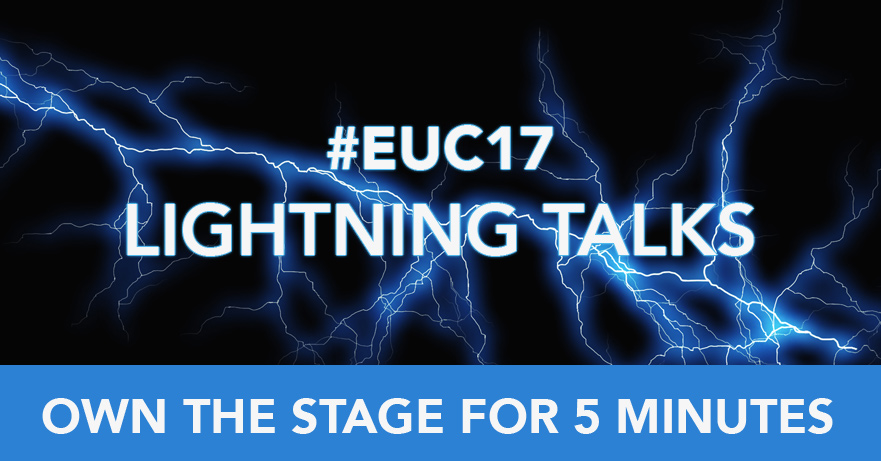 Submit your Lightning Talk here.
Submit your Lightning Talk here.
1. Benedikt Reinartz - Erlang Jupyter Kernels
2. Dmytro Lytovchenko - Erlang node implemented in Python
3. Ingars Ribners - Prototyping a self-driving car control system with Erlang
4. Vanshdeep Singh - Search in O(√N) !
5. Loïc Hoguin - Facts don't matter (when taking decisions)
Conference venue
The Erlang User Conference 2017 will be held in the exciting, spacious building of the Münchenbryggeriet. This old building has been a characteristic part of the Stockholm skyline for over 100 years and until 1971 was used as a brewery. Since then, however, the venue has undergone fantastic refits and has seen the building transformed from the historic industrial space of the past into the bright and modern conferencing venue that you see today – marrying the old and the new to create a truly unique experience.

The nearest metro is Mariatorget T-bana, exit Torkel Knutssonsgatan. The Google Maps can be a bit misleading, when you type in "Mariatorget T-bana", so to save yourself some walking, we recommend taking this exit (close to Krukmakargatan).
The address for arriving by taxi is: Söder Mälarstrand 29, 118 25 Stockholm.
Tutorial Venue
The tutorials will be held at Ericsson in Kista.
Address: Torshamnsgatan 21(coordinates: N 59 24.277 E 017 57.313)
Stockholm, Sweden
Kista T-bana:
The walking directions from Kista T-bana to the venue are here.
Helenelund:
The walking directions from Helenelund train station to the venue are here.
The courses most likely will be held at:
Erlang Solutions AB
Saltmätargatan 5
113 59
Stockholm
The nearest metro is Rådmansgatan
Getting to Stockholm
There are four airports within range of Stockholm.
Arlanda is the main airport, the major airlines fly there. You can get from Arlanda to Stockholm Central Railway station by:
- Arlanda Express. Leaves every 15 minutes, takes about 25 minutes, costs 280 SEK for a one-way ticket, 540 SEK for a return one. Comfortable but expensive.
- Flygbuss. Leaves every 10 or 15 minutes, takes about 45 minutes, costs 99 SEK one-way or 198 return.
- Taxi. Won't save you any time, but it will cost more. The taxi company "Taxi Stockholm" has fixed prices to and from the airport, but make sure you ask for "fixed price". The fixed price for Arlanda to Stockholm City is 520 SEK + surcharges.
Bromma Airport is used mainly for domestic flights. There's a Flygbuss (20 minutes, 75 SEK one-way) and also normal public transport, e.g. you can take bus 152 to the station.
Skavsta and Västerås are two "budget" airports. Take the Flygbuss to town, it's the only sensible option, it costs 139 SEK one-way. They leave whenever a flight arrives.
Public Transport in Stockholm
Stockholm is not a good place to get around by car.
Public transport is excellent, though not cheap. There's a great webpage with timetables, maps and information.
You might also check the Tourist Information. (Tip: the dots above the letters in station names such as Älvsjö are crucial).
Contact Us
Get in touch:
If you require general info: info@codesync.global
To become a sponsor: sponsors@codesync.global
To contact the Conference Organiser directly: monika.coles@erlang-solutions.com
